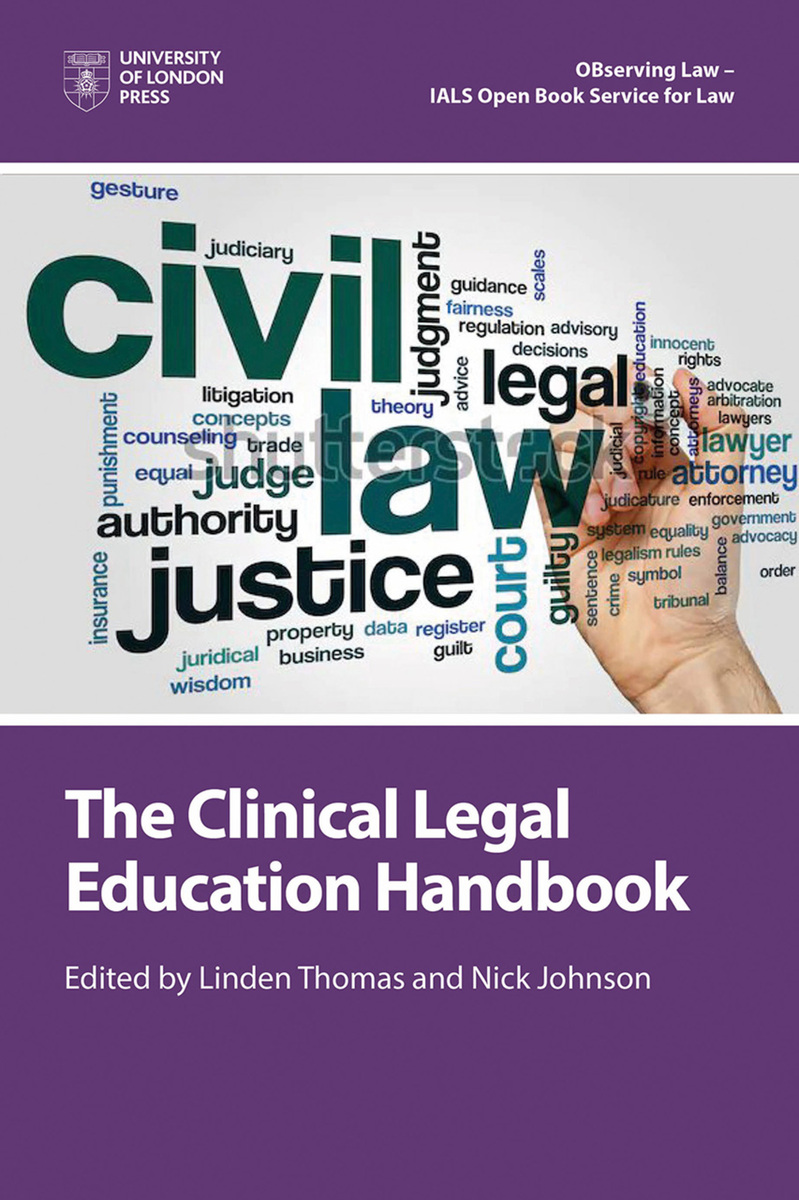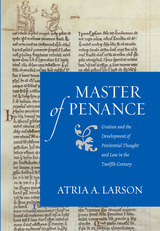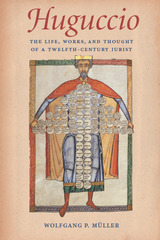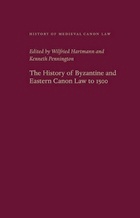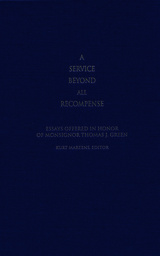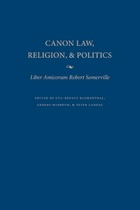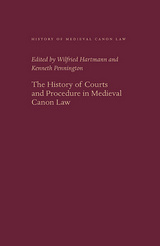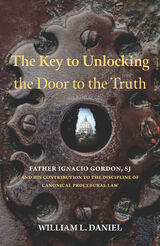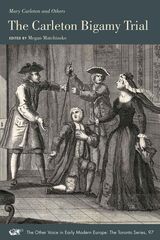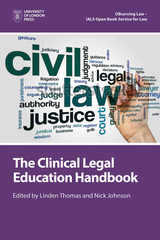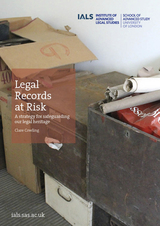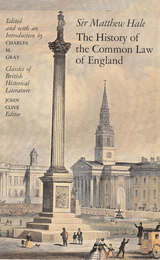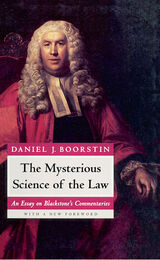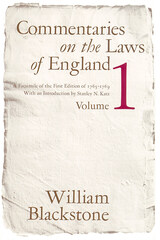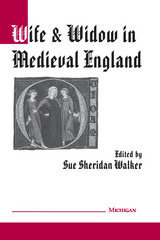The Clinical Legal Education Handbook
University of London Press, 2020
Paper: 978-1-911507-16-1
Library of Congress Classification KD441.C55 2020
Dewey Decimal Classification 340.071142
Paper: 978-1-911507-16-1
Library of Congress Classification KD441.C55 2020
Dewey Decimal Classification 340.071142
ABOUT THIS BOOK | AUTHOR BIOGRAPHY | TOC
ABOUT THIS BOOK
The Clinical Legal Education Handbook is a practical resource and guide for those engaged in the design and delivery of clinical legal education programs at university law schools. The Handbook offers direction on how to establish and run student law clinics, sets out guidance on both the pedagogical and regulatory considerations involved in the delivery of clinical programs, and introduces the existing body of research and scholarship on Clinical Legal Education (CLE).
CLE has become an increasingly popular method of legal education in recent years. By the end of 2013 at least 70% of all law schools in the United Kingdom were delivering some type of CLE, and 25% of these offered credit-bearing CLE programs. It is almost certain that this number will increase in the years to come with the advent of the forthcoming Solicitors’ Qualifying Examination, which will allow time spent volunteering in a student law clinic to count as “qualifying work experience.” However, despite the popularity of CLE, there is currently very little information available about the best practices for setting up and delivering these programs.
The Handbook seeks to remedy this gap, offering an invaluable resource to staff involved in running law clinics, both as a practical guide to establishing and running their programs and as a teaching resource and recommended text on clinical programs. It will also act as a resource for clinical legal education researchers who wish to engage in regulatory, pedagogic, and legal service delivery research in this area.
CLE has become an increasingly popular method of legal education in recent years. By the end of 2013 at least 70% of all law schools in the United Kingdom were delivering some type of CLE, and 25% of these offered credit-bearing CLE programs. It is almost certain that this number will increase in the years to come with the advent of the forthcoming Solicitors’ Qualifying Examination, which will allow time spent volunteering in a student law clinic to count as “qualifying work experience.” However, despite the popularity of CLE, there is currently very little information available about the best practices for setting up and delivering these programs.
The Handbook seeks to remedy this gap, offering an invaluable resource to staff involved in running law clinics, both as a practical guide to establishing and running their programs and as a teaching resource and recommended text on clinical programs. It will also act as a resource for clinical legal education researchers who wish to engage in regulatory, pedagogic, and legal service delivery research in this area.
See other books on: England | Law | Legal Education | Legal Services | Wales
See other titles from University of London Press
